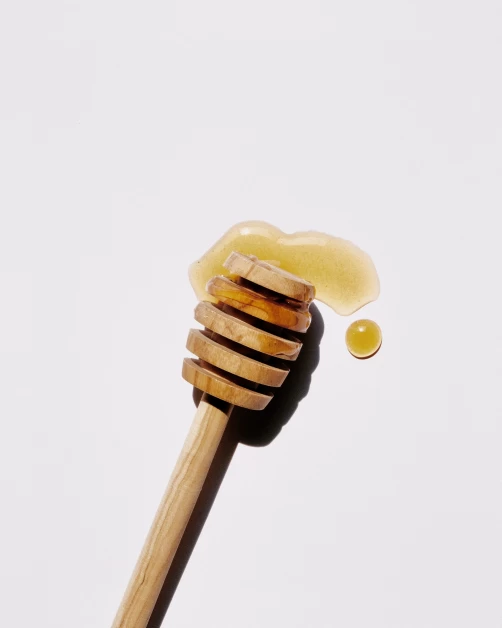Table of Contents
Manuka Honey: An Overview
Manuka honey has gained popularity for its numerous health benefits, including its potential to alleviate bronchitis symptoms. This natural sweetener has been used for centuries and is known for its antibacterial properties and rich nutrient content. In this article, we will explore the potential benefits of manuka honey for bronchitis and how it can support respiratory health.
The Antibacterial Power of Manuka Honey
Manuka honey is a type of honey produced by bees that feed on the nectar of the manuka tree flowers. It is known for its unique antibacterial properties, attributed to a compound called methylglyoxal. This compound gives manuka honey its potent antibacterial activity, making it effective against various bacterial strains, including those that can cause respiratory infections like bronchitis.
How Manuka Honey Can Help with Bronchitis
-
Soothing Properties: Manuka honey has natural soothing properties that can provide relief for bronchitis symptoms. Its thick texture can coat the throat and ease irritation, helping to reduce coughing and promote a more comfortable breathing experience.
-
Antimicrobial Effects: The antibacterial properties of manuka honey can help combat the bacteria that contribute to bronchitis. By inhibiting the growth of harmful bacteria, manuka honey may help reduce the severity and duration of bronchitis symptoms.
-
Anti-inflammatory Benefits: Bronchitis is often accompanied by inflammation in the airways, leading to coughing, wheezing, and difficulty breathing. Manuka honey contains anti-inflammatory compounds that can help reduce airway inflammation, providing relief and improving respiratory function.
-
Immune System Support: Manuka honey is rich in antioxidants and other bioactive compounds that can support the immune system. By boosting immune function, manuka honey may help the body fight off respiratory infections, including bronchitis, more effectively.
-
Cough Suppressant: The thick texture of manuka honey can act as a natural cough suppressant, soothing the throat and reducing the frequency and severity of coughing. This can be particularly beneficial for individuals with bronchitis who experience persistent coughing spells.
-
Moisturizing Effects: Dry airways can worsen bronchitis symptoms, causing discomfort and exacerbating coughing. Manuka honey has moisturizing properties that can help keep the airways hydrated, reducing irritation and promoting healing.
How to Use Manuka Honey for Bronchitis
To reap the potential benefits of manuka honey for bronchitis, you can try the following methods:
-
Consuming Manuka Honey: Take a teaspoon of manuka honey orally, either on its own or mixed with warm water, tea, or lemon juice. This can help soothe the throat and reduce coughing.
-
Honey Steam Inhalation: Add a spoonful of manuka honey to a bowl of hot water and inhale the steam. This can help moisturize the airways and provide relief for bronchitis symptoms.
-
Throat Lozenges or Cough Syrup: Look for throat lozenges or cough syrup that contain manuka honey as an ingredient. These products can provide localized relief for throat irritation and coughing.
Precautions and Considerations
While manuka honey is generally safe for most people, it’s essential to keep the following precautions in mind:
- Allergies: Individuals with allergies to bees or honey should avoid using manuka honey.
- Botulism Risk: Honey should not be given to infants under one year of age due to the risk of botulism. Consult a healthcare professional before using manuka honey for children.
- Quality and Authenticity: To ensure you’re getting genuine manuka honey with the desired properties, look for products with a UMF (Unique Manuka Factor) certification. This certification guarantees the quality and authenticity of the honey.
Conclusion
Manuka honey offers potential benefits for individuals with bronchitis, thanks to its antibacterial, anti-inflammatory, and soothing properties. By incorporating manuka honey into your daily routine, you may experience relief from bronchitis symptoms and support respiratory health. However, it’s always advisable to consult with a healthcare professional before using manuka honey as a complementary treatment for bronchitis or any other medical condition.



